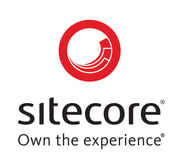

Unclaimed: Are are working at Sitecore Experience Platform ?
Sitecore Experience Platform Reviews & Product Details
Sitecore Experience Platform is a cloud-based content management system built to help companies maintain customer relationships through personalized content development. It also helps users manage customer engagement data and facilitates easy content sharing. Sitecore Experience Platform comes with an AI auto-personalization feature, that automatically determines visitor trends and segment customers into groups.


| Capabilities |
|
|---|---|
| Segment |
|
| Deployment | Cloud / SaaS / Web-Based, On-Premise Windows |
| Support | 24/7 (Live rep), Chat, Email/Help Desk, FAQs/Forum, Knowledge Base, Phone Support |
| Training | Documentation |
| Languages | English |

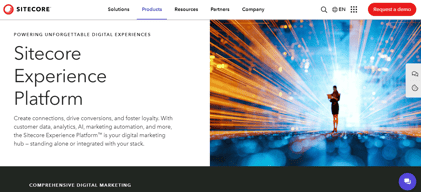
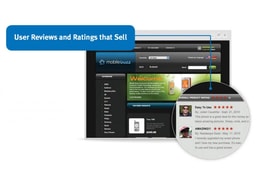
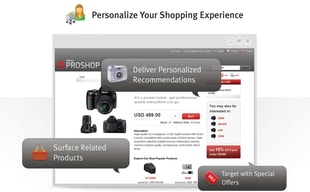
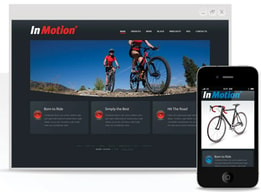
Compare Sitecore Experience Platform with other popular tools in the same category.

Sitecore allows our company to keep up with demand without requiring our developers to constantly customize.
I'm a new user, so far - no issues. It does require an expert to set up. If we were to rely on training our internal dev team, I would not feel comfortable that we did it the best way we could.
FORMS! This is a great new tool for us!
Easy to create/edit content and deploy across the globe. The user interface is intuitive and doesn't require a content editor to code.
The documentation is lacking. It's sometimes difficult to find the answer to a relatively simple problem.
We created a structure that allows our many global brands to spin up new sites that are unique, but utilize a common and feel and allow shared use of tools.
There are limitless opportunities for sitecore that can fulfill the various needs of each line of business.
The difficulty to just get started is always a hurdle.
speed to market with brand consistency
The flexibility, scale and enterprise grade support.
Slow Experience editor is our main issue. Hopefully this gets fixed when we upgrade to 9.1
Improving content publication
Sitecore continues to lead the market on integration of data and systems to provide the ideal personalized experience.
Sitecore is certainly more complex to integrate. Would love to offer to smaller market customers
providing personalization, salesforce integration.
Sitecore has incredible scalability to offer its clients.
There is no reliable way to offer content authors to redirect URLs.
Marketing uses Sitecore to publish content to its many online properties.
As a marketer, it makes content much easier to edit and review.
I don't have any big complaints about the EXP.
Content teams have a much easier time with their workflows, which reduces turnaround time.
Sitecore gives me the tools to give my customers a personalized journey.
Sitecore can be expensive to develop on for smaller companies.
To give everybody from prospect to returning customer an great experience, we increased ROI over all our channels.
Ease of use, Innovation is endless with Sitecore
content authoring is a bit cumbersome, overall its a great tool
Personalzation is key, it's helping our organization elevate our online experince
The intuitive content editor makes quickly and easily makes content work fast and easy. It feels like an extension of myself.
I have no issues with Sitecore. All of our issues are implementation related, not Sitecore related.
Transformational digital change in our organization, redesigning four websites and over 5k pages of content to Sitecore.








